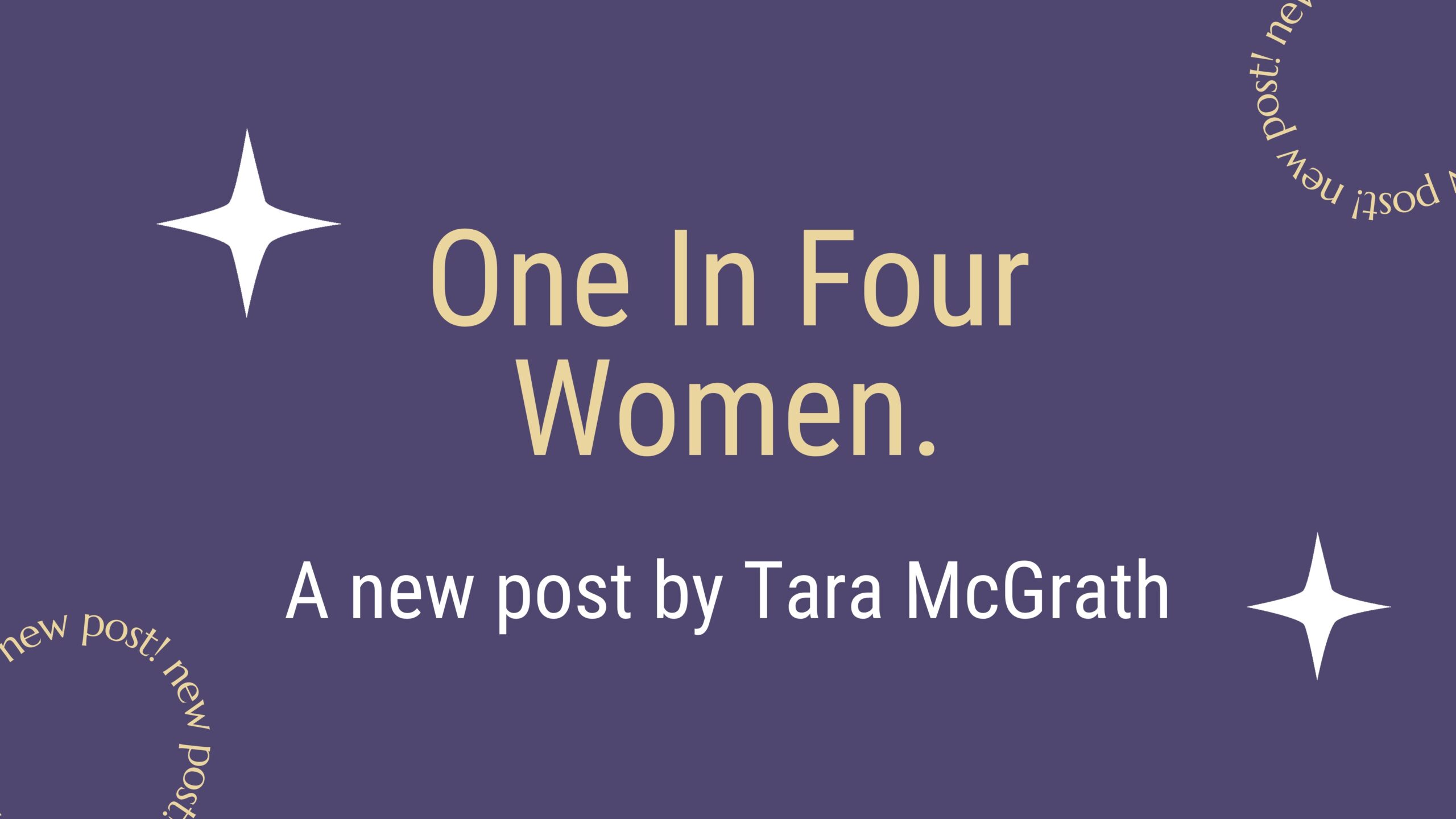CW: abortion
”Why should I care if my therapist is identified as secular? Don’t all therapists have to be unbiased with their clients?”
This is a reasonable question. Psychotherapists do try to be unbiased about a great number of things, but we are also human beings. As licensed professionals, we are ethically obligated to, as much as possible, be aware of our own biases, and to understand how they may impact the relationship with you, the client. These biases can include spiritual beliefs, cultural background, traumatic experiences, and more.
Having self-awareness and insight is sometimes enough for therapists to navigate around certain biases. Other times we might want to talk it over: with the client when appropriate, with a fellow clinician for consultation, or with our own therapist. And lastly, our biases may mean that we are not the right fit.

So, what happens when a therapist believes that the one in four women (or trans, non-binary, gender-fluid folks) who have had abortions in their lifetimes… are murderers?
That might sound like hyperbole, but I was recently horrified to see professional psychotherapists revealing their extreme beliefs about abortion in the comments on a LinkedIn post. The article, shared by the American Psychological Association, was entitled,”The Facts About Abortion And Mental Health,” with this subtitle: “Scientific research from around the world shows having an abortion is not linked to mental health issues, but restricting access is.”
LinkedIn, unlike other social media spaces like Twitter or Facebook, is a professionally-oriented online space where folks are usually on their best behavior. I know not all therapists are pro-choice, but I was a little surprised to see the unbalanced nature of the comments you’ll see below.
“Killing an unborn baby…” “Life is a gift from God.” “Abortion is murder.” “Abortion is spiritual.”
I’ve cut the names and faces, but left their titles – Clinical Psychologist, Psychosocial Consultant, and so on. I found no indicators of any special philosophy or orientation (i.e. Christian counseling) on their LinkedIn profiles. In other words, they present themselves as unremarkable mental health professionals with no unusual belief systems.
And this is why seeing a secular-identified therapist is so helpful. It’s not about avoiding simple differences of opinion. I can disagree with a client’s take on income taxes, or feel differently about firearm laws, etc., and still find empathy and connection. But if I were to believe my client is an unapologetic baby murderer? I imagine it gets pretty difficult to find empathy.
(Here is another example of a therapist’s undisclosed, deeply held beliefs negatively impacting their clients.)
If a client identifies abortion as a key part of their presenting issue, I sincerely hope these anti-choice therapists would refer the client to someone else. But not everyone will present with that information upfront, because for many people it’s not a huge issue. If one in four uterus owners (one in five by the age of 30) has had an abortion, for many it will only be an incidental part of their story.
For example: Let’s suppose that you are in grief counseling because your grandmother passed away. A few sessions in, you share how grateful you are for Grandma’s help over the years, including the time she helped you obtain an abortion pill. If you happened to be seeing one of those professionals above, your secretly anti-choice religious therapist now thinks you are a murderer.
More and more therapists are identifying themselves as secular, queer, pro-social justice, feminist, and so on. I hope you will connect with a therapist who shares your most important values, so you can feel confident you’re in safe hands.
If you’d like to get started, let’s talk.






